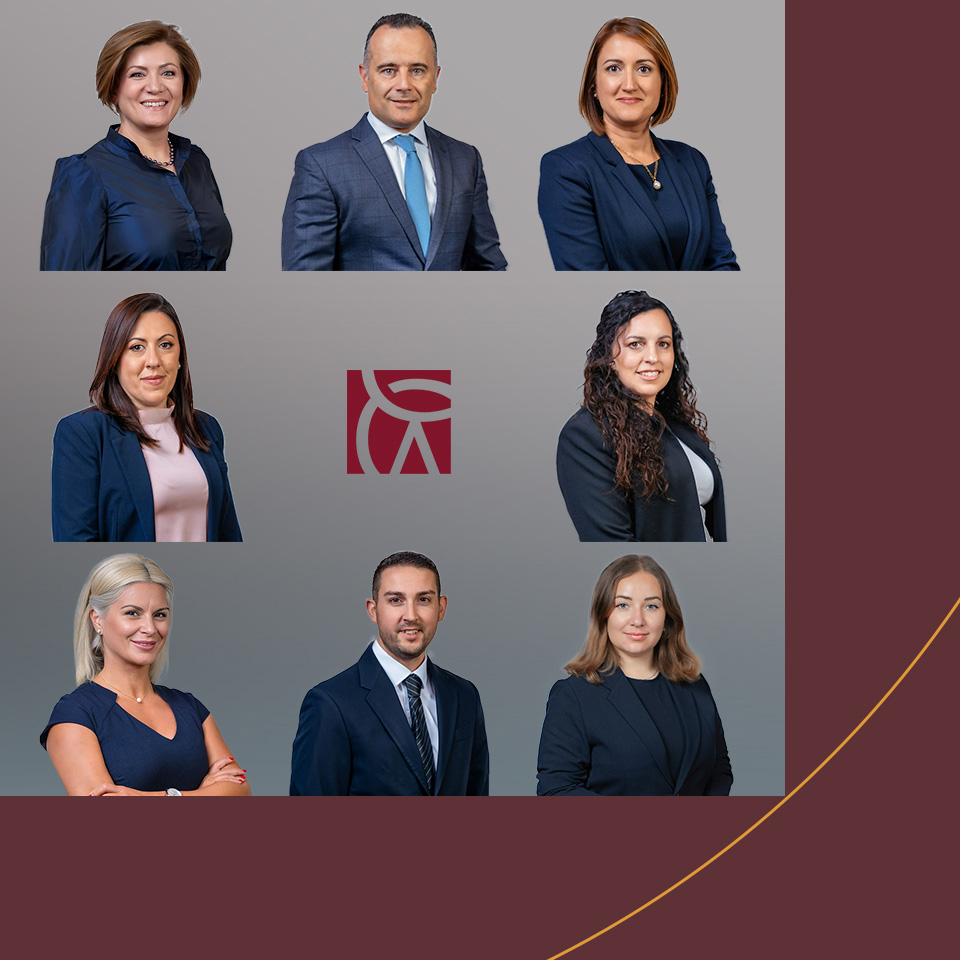Boasting a strong banking and financial sector, Malta maintains a framework that allows licenced banks to become authorised credit institutions – Malta thus allows banks to provide credit in the form of loans, money broking and other methods.
Malta’s strong financial sector is underpinned by the island’s banking industry that remained stable amidst the past decade of financial turmoil thanks to prudent management and highly liquid Balance Sheets. As a full EU member state, the jurisdiction benefits from compliance with EU directives, a fact that has helped to attract foreign banks to establish operations in Malta.
The island allows for banks to offer credit facilities, having applied for a license as an authorised credit institution. Credit institutions authorised in Malta operate under the Banking Act (Chapter 371), permitting credit institutions to accept and hold deposits from retail or institutional customers and are able to undertake actions such as offering credit as loans or overdraft facilities, financial leasing, money broking, issuing of electronic money and foreign exchange, amongst other services.
Regulatory Bodies for Credit Institutions - Malta
In order to offer such credit facilities, banks must abide by strict regulation as well as meet certain requirements on an ongoing basis. Malta has one regulator for all financial services, the Malta Financial Services Authority (MFSA). It is the MFSA that will consider applications for credit institutions as the local competent authority but will then liaise with the European Central Bank (ECB) in order for any licence to be issued. Large credit institutions deemed to be of critical importance to the national and/or European banking sector are not only regulated by the MFSA, but are also directly regulated by the European Central Bank. In Malta, HSBC, Bank of Valletta and MEdirect are currently under the direct supervision of the ECB, as well as the MFSA that also supervises some 20 other banks.
The MFSA’s main objective in regulating credit institutions and indeed the financial services industry is to maintain the integrity and transparency of the financial system, to protect investors and maintain orderly markets.
Whilst the MFSA supervises and regulates all credit institutions established in or operating from Malta, the ECB has the final authority to grant or remove a credit institution license as per Article 14 of Regulation (EU) No 1024/2013.
The Depositor Compensation Scheme and Credit Institutions - Malta
As part of the requirements to be licensed as a credit institution, entities are required to contribute to the Depositor Compensation Scheme. The Scheme refers to a fund set up as a contingency for insolvent banks licensed by the MFSA under the Malta Banking Act within the European Economic Area (“EEA”), that are not able to provide payment to depositors, thus ensuring the stability of the financial system in Malta. The Scheme covers deposits under savings, current and fixed accounts and in all currencies.
Compensation for deposits at credit institutions is capped at a maximum of EUR 100,000 per depositor held within that credit institution. Additional compensation of up to EUR 500,000 may be awarded in special cases.
Credit Institution – Malta: Licence Requirements
In order to obtain a credit institution licence in Malta, the applicant must contribute and maintain own funds as a minimum share capital of EUR 5 million and a minimum of two people must manage operation of the Malta credit institution. Further functions will be required to be carried out either by additional staff or through outsourcing arrangements – the MFSA will need to be convinced that the proposed structure is adequate to the planned business model and volumes. Applications, where the credit institution will be at least partly owned by a licenced bank or financial institution, tend to be preferred, although it is possible to demonstrate alternative means of soundness and stability. All applications are submitted to the MFSA and must include a business plan, demonstrating how liquidity and minimum capital requirements will be met and maintained, as well as due diligence exercises and regulatory compliance.
Chetcuti Cauchi Advocates Financial Services
With holistic services in finance and fintech including blockchain, banking and credit institutions, the Financial Services Team offers clients a comprehensive services ranging from banking law to loan transactions, online banking and delivery of financial products, as well as licencing services – all of which incorporate related tax and corporate services, amongst others, to assist from every angle.
Copyright © 2025 Chetcuti Cauchi. This document is for informational purposes only and does not constitute legal advice. Professional legal advice should be obtained before taking any action based on the contents of this document. Chetcuti Cauchi disclaims any liability for actions taken based on the information provided. Reproduction of reasonable portions of the content is permitted for non-commercial purposes, provided proper attribution is given and the content is not altered or presented in a false light.












